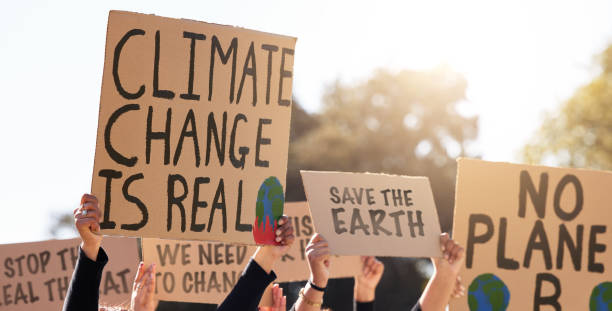Silent Activism: The Power of Quiet Change
In a world of loud protests and viral social media campaigns, a new form of activism is gaining traction. Silent activism, characterized by subtle yet impactful actions, is reshaping how individuals contribute to social change. This approach emphasizes personal choices and small-scale efforts that, when combined, create significant societal shifts. From conscious consumerism to digital advocacy, silent activists are proving that whispers can be just as powerful as shouts in the pursuit of a better world.

In the digital age, silent activism has found new avenues for expression. Social media platforms and online communities have provided spaces for individuals to share ideas, make conscious choices, and influence others without necessarily taking to the streets. This evolution has made activism more accessible to those who may not have the ability or desire to participate in traditional forms of protest.
The Psychology Behind Quiet Change
The effectiveness of silent activism lies in its psychological appeal. Many people feel overwhelmed by the scale of global issues and may experience activism fatigue when bombarded with constant calls to action. Silent activism offers a more sustainable approach, allowing individuals to incorporate their values into daily life without the emotional toll of constant confrontation.
Research in behavioral psychology suggests that small, consistent actions can lead to significant personal and societal changes over time. By focusing on individual choices and incremental progress, silent activists create a ripple effect that can ultimately lead to broader social transformation. This approach also taps into the power of social proof, as others observe and are inspired by the quiet yet meaningful actions of their peers.
Forms of Silent Activism
Silent activism takes many forms, each offering unique ways for individuals to make a difference. Conscious consumerism is one of the most prevalent, with people choosing to support or boycott companies based on their ethical practices. This can include buying from sustainable brands, opting for fair trade products, or avoiding businesses with questionable labor practices.
Digital advocacy is another powerful tool in the silent activist’s arsenal. Sharing informative content, signing online petitions, and participating in hashtag campaigns allow individuals to raise awareness and show support for causes without leaving their homes. Additionally, silent activists often engage in personal habit changes, such as reducing waste, adopting plant-based diets, or choosing eco-friendly transportation options.
The Impact on Corporate and Political Spheres
While individual actions may seem small, the collective power of silent activism is increasingly influencing corporate behavior and political decisions. Companies are becoming more attuned to consumer preferences, leading to shifts in production methods, packaging, and corporate social responsibility initiatives. This market-driven change demonstrates how personal choices can scale up to industry-wide transformations.
In the political realm, silent activism often translates into voting patterns and policy preferences. As more individuals align their lifestyles with their values, politicians and policymakers are forced to address issues like climate change, social justice, and economic inequality. The quiet persistence of silent activists creates a groundswell of support for progressive policies, even in the absence of large-scale protests.
Challenges and Criticisms
Despite its growing influence, silent activism is not without its critics. Some argue that it allows people to feel good about small actions without addressing systemic issues that require more dramatic interventions. There’s also concern that silent activism may lead to complacency, with individuals believing their personal choices are sufficient without engaging in broader collective action.
Additionally, the effectiveness of silent activism can be difficult to measure, as its impact is often gradual and diffuse. This lack of immediate, visible results can be discouraging for some and may make it challenging to maintain momentum over time. Critics also point out that silent activism may not be sufficient to address urgent crises that require rapid, large-scale responses.
The Future of Quiet Change
As society continues to grapple with complex global challenges, silent activism is likely to play an increasingly important role in shaping our collective future. The integration of technology and data analytics may provide new ways to measure and amplify the impact of individual actions, addressing some of the current limitations of this approach.
Moreover, the ongoing shift towards more sustainable and ethical lifestyles suggests that silent activism will become increasingly normalized. As younger generations, who are often more attuned to social and environmental issues, gain more economic and political influence, the principles of silent activism may become more deeply embedded in societal norms.
In conclusion, silent activism represents a powerful complement to more traditional forms of social engagement. By empowering individuals to make meaningful changes in their daily lives, it offers a sustainable path to societal transformation. As we face the challenges of the 21st century, the quiet determination of silent activists may prove to be one of our most valuable assets in creating a more just and sustainable world.






